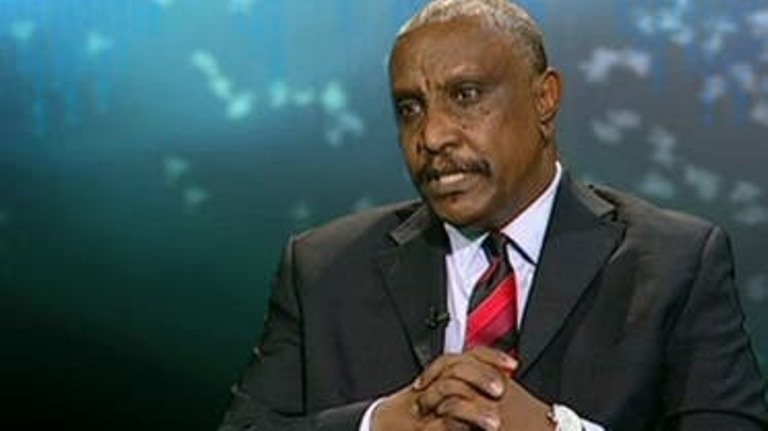Sudanese political forces working with the military to settle security issues: Arman
April 7, 2023 (KHARTOUM) – Yasir Arman, a prominent figure of the Forces of Freedom and Change (FFC), confirmed that they are working side by side with the military component to complete the remaining issues in the security and military reform and the formation of the transitional government.
The signatories to the framework agreement postponed the signing of the political declaration and the transitional constitution due to the slow pace of talks on the security and military reform between the Sudanese army and the Rapid Support Forces over the integration process.
“The Forces for Freedom and Change are working closely with the armed forces and the Rapid Support Forces to resolve the remaining issues in the security and military reform and issues of integration and modernization,” Arman told Sudan Tribune on Friday.
He further said that they have resolved the strategic issues in the framework agreement, reached a second agreement on the foundations and principles, and are currently discussing issues of command and control and how to form the final government.
Arman said that these are complex and chronic issues that have resulted from long and totalitarian wars and require more effort from national, regional, and international partners.
He stressed that their solution is important not only for Sudan but also for the stability of the region because Sudan connects the Horn of Africa and the Sahel regions.
He also noted that Islamist attempts to exploit this issue to sabotage the entire political process make it more complicated.
Negative armed groups
Arman criticized the refusal of some armed movements to join the political process and their demand to obtain 50% of the mechanism for selecting the new government to ensure that their coalition is equally represented with the signatories to the framework agreement.
He said that “some movements” did not realize that the political process is not about sharing power and distributing wealth to the elites, but its purpose is to address the issues of the marginalized in rural Sudan, especially the IDPs and refugees, and the issues of fundamental reform in the security and military sectors, as well as issues of equal citizenship.
“Some of the armed movements were unable to see that this process comes within the framework of the December revolution and works to complete the tasks of the revolution and state-building, and this is a different situation. It is better for them to stand in the ranks calling for a civil democratic transformation that leads to the sustainability of reforms,” he further said.
He was referring to the Justice and Equality Movement and the Sudan Liberation Movement of Minni Minnawi.
On Thursday, the spokesman for the Democratic Bloc, Mohamed Zakaria, renewed their rejection of the framework agreement and stressed the need for equal participation between the signatories and non-signatories in the political mechanism to ensure fairness in decision-making, according to a statement he issued.
Arman said that the political process has now reached a stage of no return and that they hold almost daily meetings between civilians and the military and between the civilian forces individually to overcome the current difficulties.
He also said that the political process required a national effort among the Sudanese first and then with regional and international partners, indicating that the former regime was working hard to sabotage any effort to achieve a democratic civilian system and was trying to turn back the clock.
“We appeal to the regional and international community to support and strengthen its previous efforts to reach a final agreement because the failure of the political process puts Sudan on the brink of collapse,” he added.
Power structures
Arman disclosed that they will be consulting with civil society forces to complete the remaining steps for the formation of the transitional civil authority.
“We plan to meet with lawyers, the steering committee, and other groups to draft the constitution with the participation of lawyers, youth, women, and resistance committees”.
In addition, he said that they are holding consultations with the revolution’s forces and civil society to determine how to choose the next power structures.
He further emphasized the importance of preventing any attempts to sabotage the political process, especially since it has reached a critical stage.
The drafting committee for the political declaration has completed the amendments and presented them to the signatories of the framework agreement.
The only remaining step is to incorporate the agreements on reform, integration, and modernization of the military sector.
(ST)

